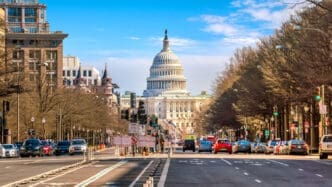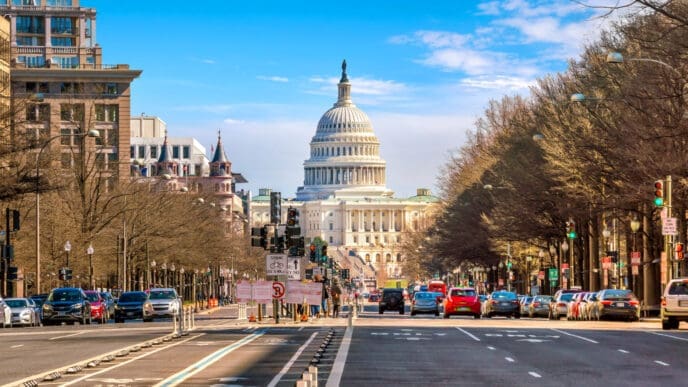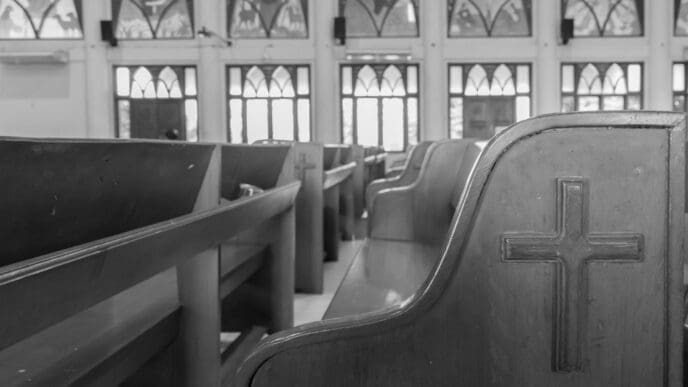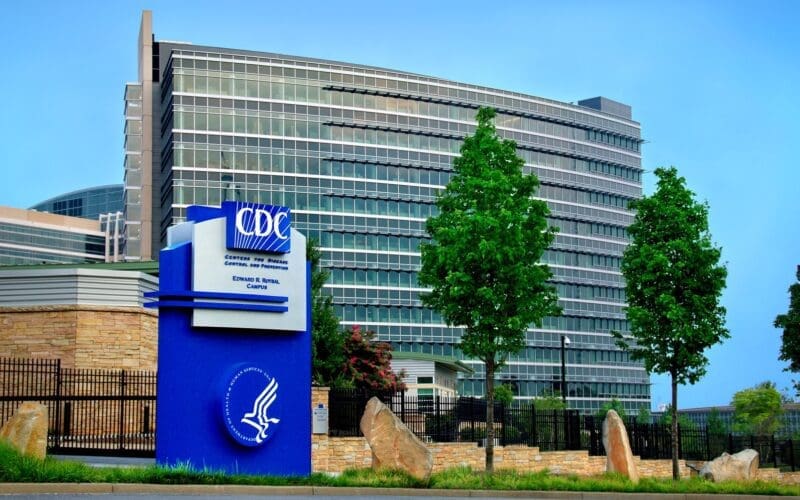Congressional leaders have introduced a stopgap spending bill designed to keep the federal government funded until March 14 while allocating over $100 billion in emergency aid for states and local communities recovering from Hurricanes Helene and Milton, as well as other natural disasters.
This measure aims to avert a partial government shutdown that is expected to begin just after midnight on Friday. It will defer final decisions on spending levels for the current budget year to a new Republican-led Congress and President-elect Donald Trump. The continuing resolution generally maintains existing funding levels for federal agencies.
The passage of this bill is among the final actions lawmakers will take before adjourning for the holiday season and welcoming the next Congress. This is the second short-term funding measure considered by lawmakers this fall as they struggled to pass the typical twelve annual appropriations bills ahead of the start of the new fiscal year on October 1.
The bill allocates $100.4 billion for disaster relief and includes an additional $10 billion in economic assistance for farmers facing low commodity prices and rising costs.
“We must support those in dire need,” House Speaker Mike Johnson emphasized to reporters.
Net farm income is projected to decline by 4.1% this year, following a significant drop of 19.4% last year from record highs in 2022. Johnson suggested that further aid for farmers could be provided in the next Congress, stating, “we can’t address everything right now.”
“Congress is doing its best under challenging circumstances, and I believe this will significantly benefit the industry,” Johnson added.
Rep. Glenn Thompson, the Republican chairman of the House Agriculture Committee, expressed hope for more economic relief for farmers but acknowledged, “this is a great start.”
“I believe it will send a positive message to the markets that most farmers and ranchers will be eligible for the credit necessary to plant crops or raise livestock,” Thompson noted.
President Joe Biden has requested approximately $114 billion in disaster aid, submitting a $99 billion request in November, highlighting the urgent need for funding. The administration later updated its request to include repairs for federal facilities damaged by natural disasters.
The largest portion of the funding, around $29 billion, will be allocated to the main disaster relief fund at the Federal Emergency Management Agency (FEMA), which assists with debris removal, public infrastructure repairs, and financial aid for survivors. About $21 billion will be designated for farmers who have suffered from crop or livestock losses.
An additional $8 billion is earmarked for rebuilding and repairing highways and bridges across more than 40 states and territories. Moreover, $12 billion will support community recovery through block grants managed by the Department of Housing and Urban Development, while roughly $2.2 billion will be allocated for low-interest loans for businesses, nonprofits, and homeowners seeking to rebuild after disasters.
In a typical fashion, Congress is expected to act just before another shutdown deadline. House Republicans usually allow 72 hours for lawmakers to review the bill’s text, which could push the final vote to Friday if they adhere to this rule. Although the Senate is not known for swift action, many lawmakers are keen to adjourn for the year and facilitate the transition to the next Congress.
Since this bill represents the last essential legislation of the current Congress, lawmakers have made efforts to include certain priorities. On the healthcare front, the legislation aims to extend coverage for telehealth appointments for Medicare enrollees and to regulate the profits made by pharmacy benefits managers—companies that negotiate drug coverage for insurance plans.
The bill also incorporates provisions to counter China, expanding on a Biden executive order designed to restrict investments in countries posing national security threats to the United States. Bipartisan support for blocking China’s high-tech ambitions is one of the few issues that unite Republicans and Democrats.
Additionally, the legislation includes a measure to transfer the land where the old RFK Stadium is located from federal control to the District of Columbia, potentially paving the way for a new stadium for the Washington Commanders.
The legislation also allocates full federal funding for the reconstruction of Baltimore’s Francis Scott Key Bridge, which collapsed after being struck by a cargo ship that reportedly lost power just before the incident. Federal taxpayers will be reimbursed through insurance payments and litigation proceeds.













